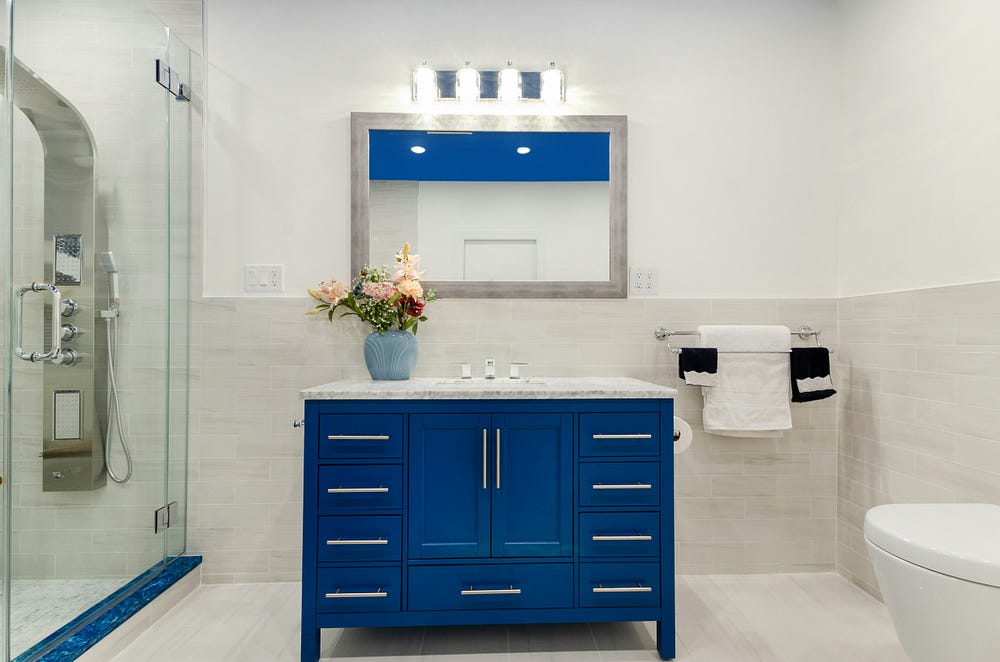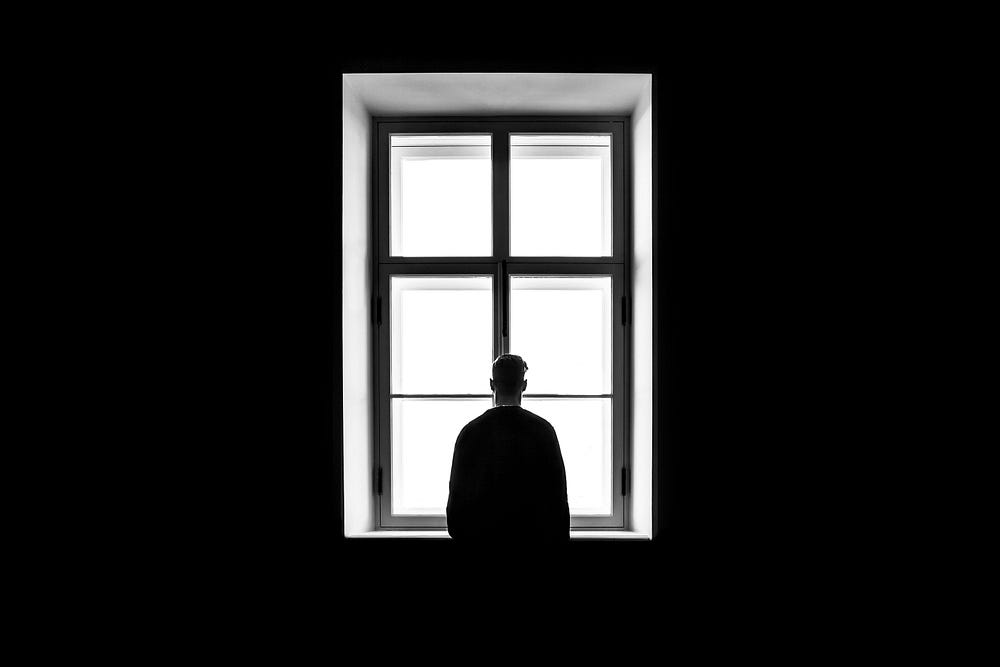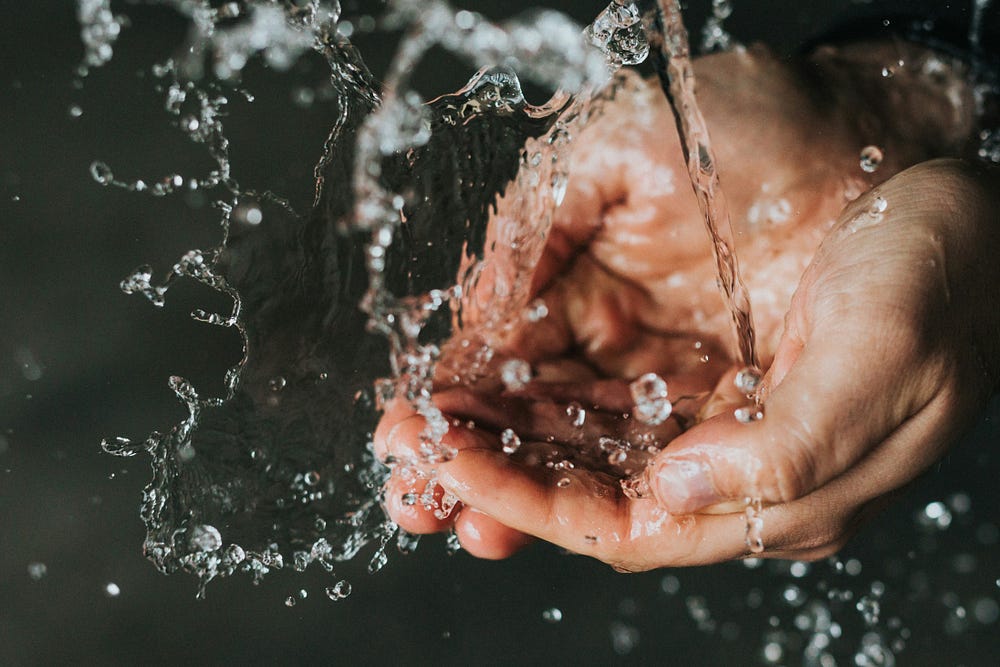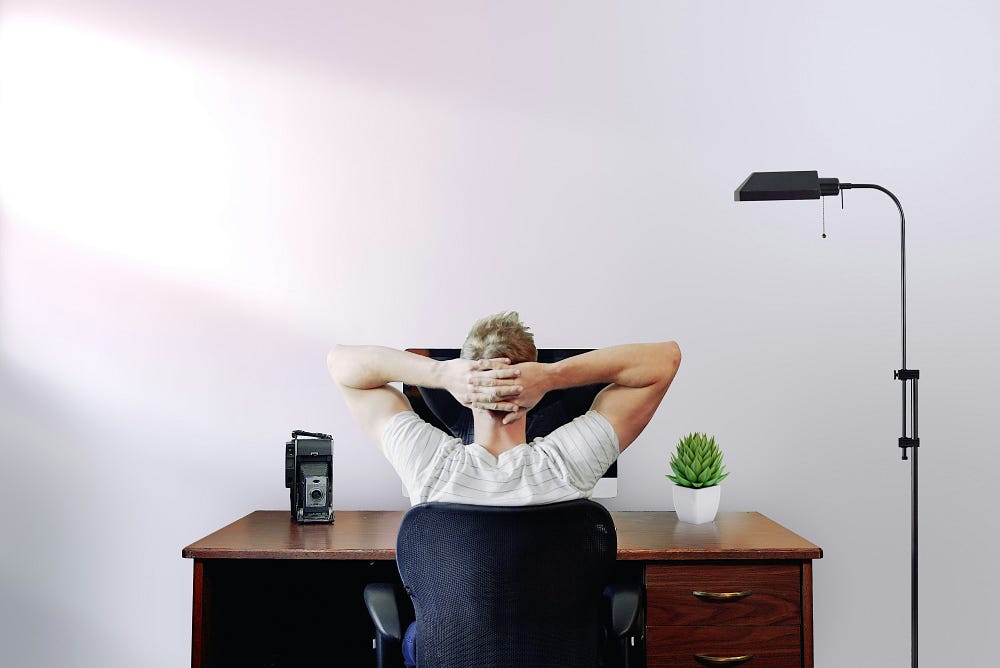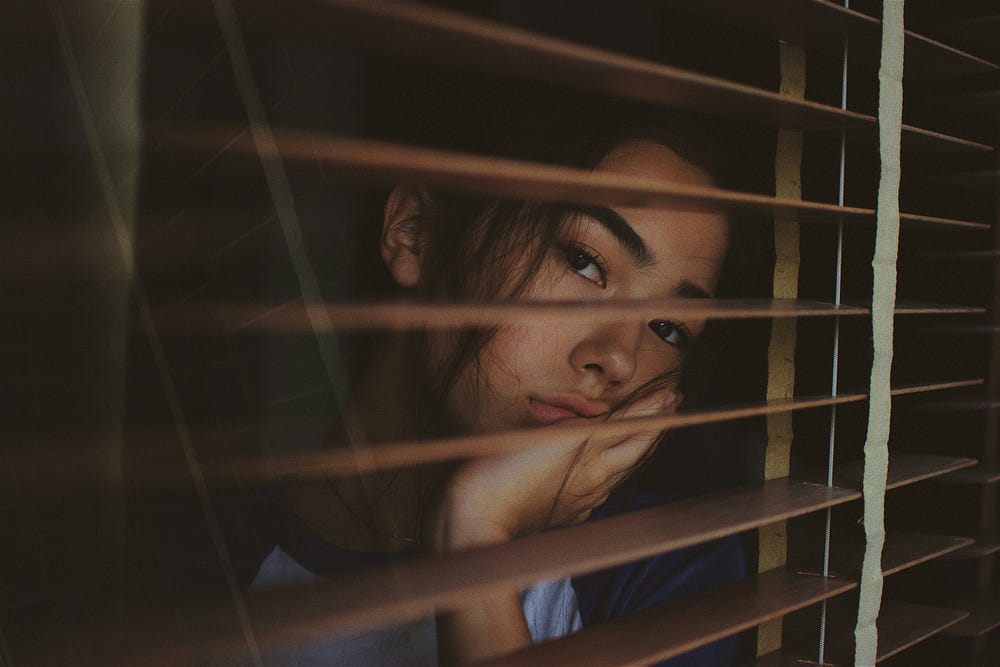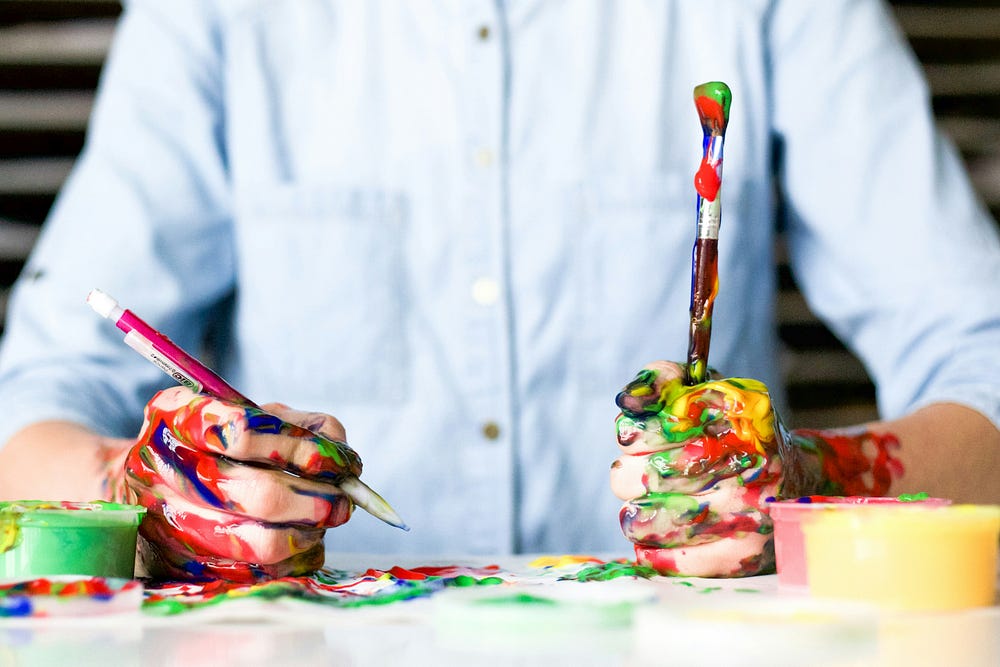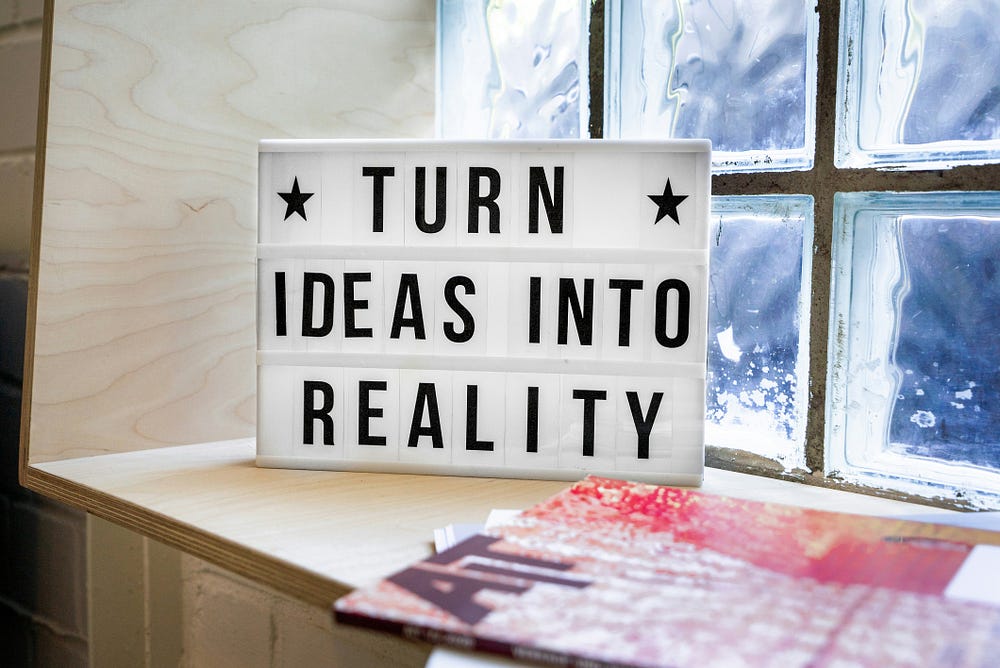How Toilets' Inspire Breakthrough Thinking
Relaxing on Commode: The Thinker’s Throne
20 Apr '24
3 min read

The sudden “aha!” moments that resolve the knottiest of problems tend to strike in the unlikeliest of places. Among these, restrooms have surprisingly emerged as sanctuaries for inspiration.
Anecdotal evidence abounds of scientists, writers, and philosophers striking upon their best ideas while in the solitude of the bathroom. This article delves into the scientific underpinnings of why these private spaces might be uniquely suited for breakthrough thinking, exploring psychological principles and environmental factors that stimulate creativity.
The Psychology of Solitude and Relaxation
Creativity often flourishes in solitude, a state that restrooms naturally provide. When alone, the mind can drift and explore without interruption, tapping into what psychologists call the default mode network (DMN). This network engages during periods of relaxation and is critical for daydreaming and imagination.
Research in cognitive psychology suggests that a relaxed state facilitates divergent thinking — the ability to generate new ideas and solve problems creatively, which is less active during periods of focused, goal-oriented work.
Sensory Deprivation and Minimal Distractions
Restrooms typically offer an environment with minimal sensory input: the sounds are muffled, and the visual stimulation is limited. This sensory deprivation can significantly reduce cognitive load, allowing the subconscious mind greater freedom to process complex problems.
Studies in sensory reduction and creativity, such as those comparing the creative output of individuals in quiet versus noisy environments, support the idea that environments with fewer distractions can enhance creative performance. This principle mirrors practices like meditation or retreats designed to limit sensory input and foster introspection and creativity.
The Role of Routine and Unconscious Processing
Engaging in mundane, automatic tasks such as washing hands can paradoxically free cognitive resources for creative thought. This phenomenon is linked to what cognitive scientists refer to as the unconscious thought theory.
According to this theory, the brain continues working on problems in the background, often leading to insights during routine activities. Historical anecdotes, like Archimedes’ eureka moment in the bath or Newton’s insights under an apple tree, underscore how routine physical activities can facilitate unexpected breakthroughs.
Environmental and Psychological Safety
The privacy of a restroom provides a psychologically safe space where thoughts can roam freely without fear of judgment. This safety is crucial for creative risk-taking. Psychological research emphasizes the importance of environments that feel secure for encouraging more adventurous lines of thought.
In this sense, the restroom acts as a sanctuary from the pressures of social interaction and professional expectations, where unconventional ideas can surface and evolve without scrutiny.
Case Studies and Anecdotal Evidence
Many luminaries have shared stories of insights gained in restrooms. From modern tech innovators to historical figures in science, the pattern recurs: solitude fosters creativity.
These anecdotes are not just curiosities but rather point to a repeatable pattern of how physical environment and mental state converge to spark creativity.
Practical Applications
Given the unexpected productivity of restroom breaks, there are practical ways to replicate this environment elsewhere. Creating quiet zones in workplaces or designating specific areas for undisturbed thought can mimic the conditions of a restroom.
Moreover, encouraging regular breaks and periods of non-focused wandering for the mind can be integral to organizational practices aimed at enhancing creativity.
Conclusion
This exploration into why restrooms serve as unlikely catalysts for innovation reveals much about the conditions that foster creative thinking. By understanding and embracing the value of solitude, sensory reduction, routine tasks, and psychological safety, we can better design our environments and habits to encourage the free flow of ideas.
The next time you find yourself in a restroom, remember it’s more than a place for a physical pause — it could very well be your next great idea’s birthplace. Let’s be mindful of these moments and create spaces that nurture our most insightful thinking.
Category:Health and Wellness
Written by Younus M. Bhat
I am a columnist, author, and a PhD scholar with a passion for sharing my knowledge and expertise with others. Visit: https://www.theviralpost.online/ Email: [email protected], Stay Happy😊
0 Followers
0 Following

